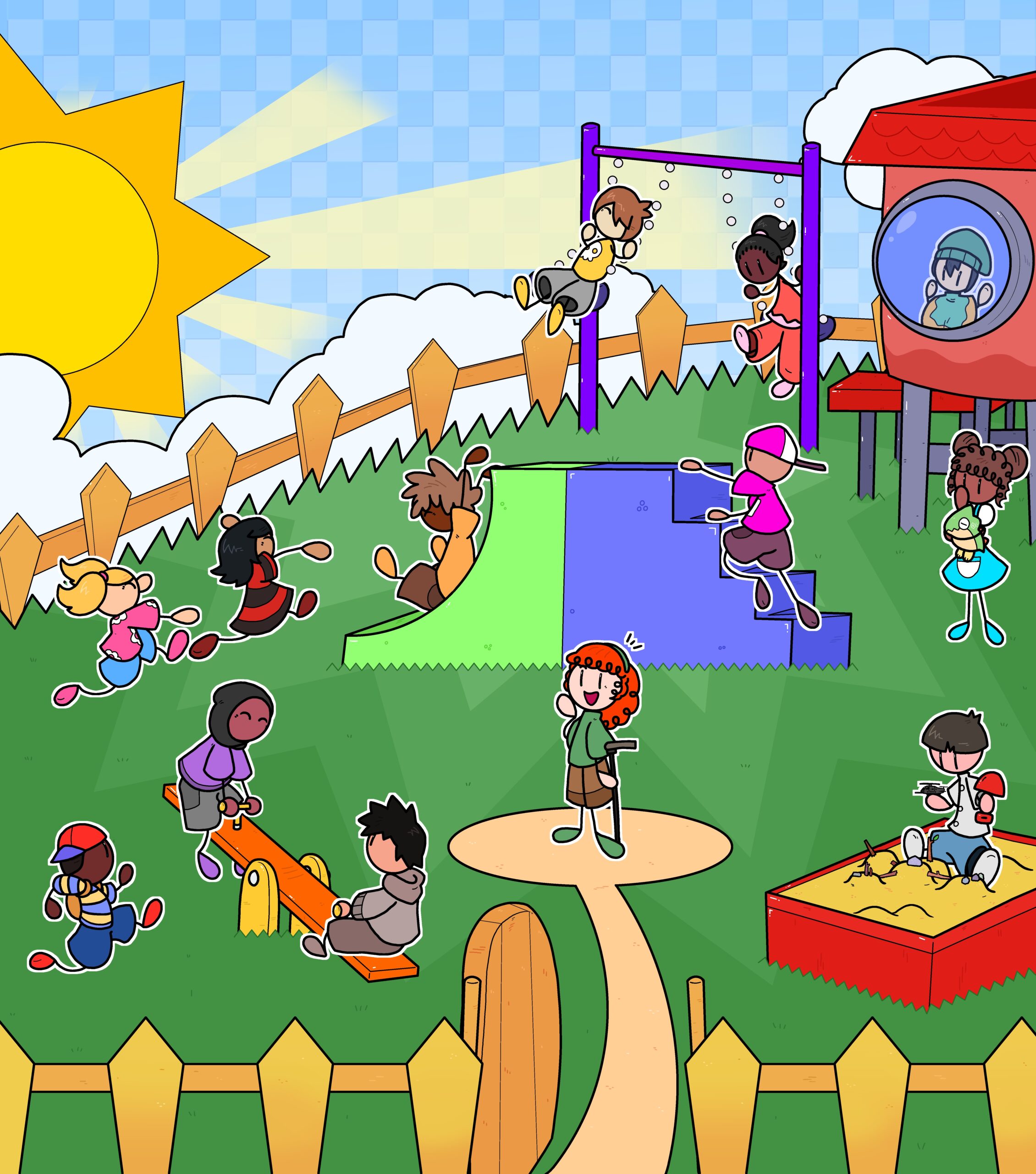You’ve played. You’ve taught. Now what?
This chapter helps you answer the most important questions: Did it work? and Now what? It’s not about turning teaching into spreadsheets. It’s about making sense of your experiences—and sharing them in a way that helps others and strengthens your own practice.
Here’s what you’ll find inside:
- 🧪 Learn how to assess what actually matters: Go beyond test scores. Use creative “thermometers” to check if your lesson hit its goals and created a meaningful, playful, and participatory learning experience.
- 📊 Choose what to research—your way: Not all research means giant data sets or statistical models. Explore what you care about, in ways that fit your constraints. “Research” might be a reflection, a student interview, or a remix journal.
- 🎯 Find out where and how your teaching worked: This chapter helps you reflect on impact—not just outcomes. Did your students feel safe, agentive, and engaged? Did they grow? Did you?
- 🔍 Use design-based research, not standardized tests: Instead of treating students like variables, treat them like co-designers. Collaborate, observe, iterate, and learn from what emerges.
- 💡 Access research templates and tips: Whether you’re totally new to research or looking to refine your inquiry, the chapter includes practical scaffolding—no academic gatekeeping.
- 📣 Discover how and where to share your work:
- Submit to the Ludic Language Pedagogy Journal
- Write a reflective blog post
- Host a local teacher workshop
- Share a social media thread
- Publish a walkthrough of your teaching experience
- 🔄 Turn reflection into influence: Sharing your pedagogy helps others—and it helps you. Get feedback, build your CV, inspire change, and show stakeholders that games aren’t just fun—they’re effective.
- 🤝 Join a community of playful educators: This isn’t about showing off. It’s about creating culture—of teachers helping teachers, one game-informed lesson at a time. The LLP Discord and journal are open doors.
- 🚧 Acknowledge the hard stuff: The chapter doesn’t shy away from real obstacles—limited time, institutional resistance, and the fear of negative results. But it gives you tools to work within (and push against) those constraints.
- 🎓 Reframe research as a form of literacy: Research isn’t just for academics—it’s another way to read, write, and remake the world. And like all literacies, it can be learned through play.
If you’ve ever asked yourself, “Is this working?” or “What should I do with what I’ve learned?”—this chapter has your back.
You don’t have to be a researcher. Just a curious teacher who plays, reflects, and dares to share.
